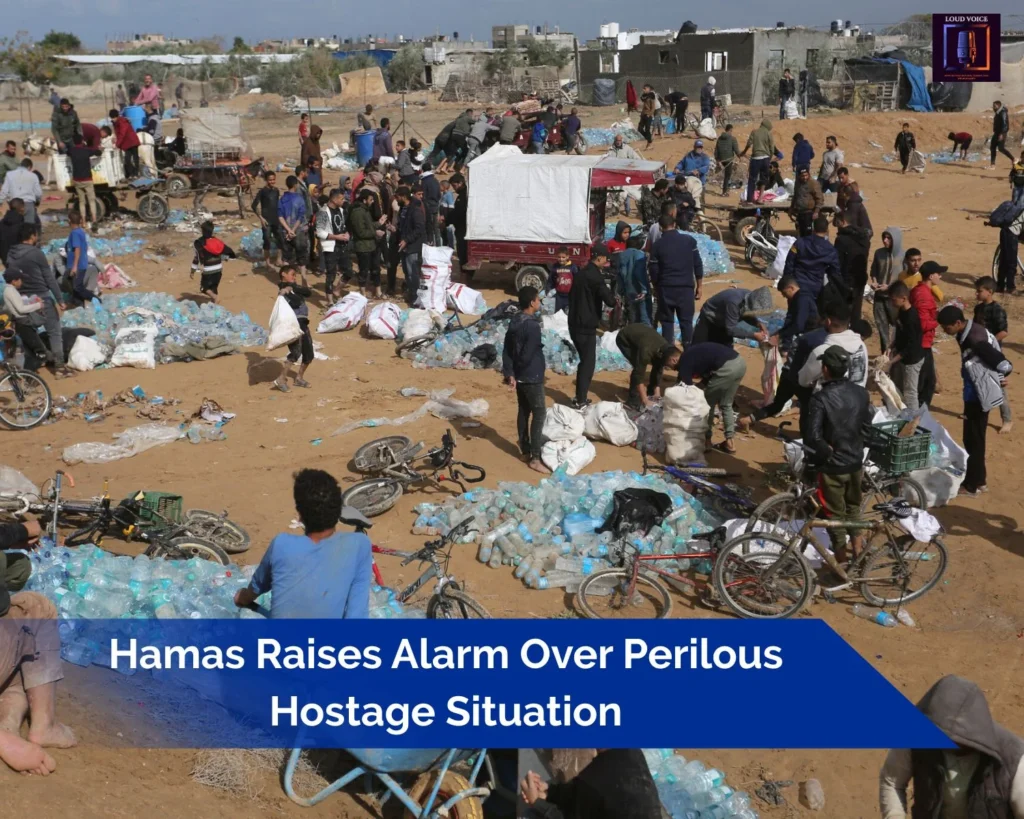Trump Netanyahu White House Meeting: Introduction
The Trump Netanyahu White House meeting is poised to become a defining moment in ongoing Middle East diplomacy, as both leaders convene amid a rapidly escalating crisis in Gaza. Insiders revealed that the Monday meeting will center on Israel’s intensifying military campaign and new U.S. tariffs, signaling heightened stakes in a conflict already marked by global scrutiny.
Escalation in Gaza Shapes Urgency of the Meeting
Sources close to the matter indicated that the renewed offensive in Gaza had added urgency to the meeting. The Israeli military has expanded ground operations, with a stated goal of increasing pressure on Hamas and facilitating hostage negotiations. Observers have noted that this military intensification could be central to the discussions between the two leaders.
While Washington previously served as the backdrop for Trump’s unveiling of a plan to revamp its future, this new meeting appears focused on immediate strategic coordination, particularly in light of evolving battlefield dynamics.
Israel Establishes New Security Corridors in Southern Gaza
Netanyahu’s latest announcement concerning the Morag Corridor has further complicated the situation. According to Israeli military briefings, this newly declared corridor effectively bisects the southern city of Rafah from the rest of Gaza. Though exact troop numbers remain undisclosed, units from Israel’s 36th Division have reportedly been deployed along this pathway.
Military analysts say the move resembles a strategy seen previously with the Philadelphi and Netzarim Corridors, which Israel uses to segment and control key regions of Gaza. These corridors stretch from Israel’s border to the Mediterranean Sea, presenting major geopolitical and humanitarian implications.
Hostage Situation Worsens, Says Hamas
Amid escalating violence, Hamas issued dire warnings about the fate of the remaining Israeli hostages. Spokesperson Abu Obeida claimed that nearly half of the surviving hostages are in evacuation zones targeted by Israel’s military operations.
In a statement released to media outlets, Hamas insisted it would not relocate these individuals, citing a “highly dangerous” environment that could jeopardize their lives. The militant group has maintained that any deal for release would require a full Israeli withdrawal, a lasting ceasefire, and the release of Palestinian detainees.

These developments are expected to factor heavily into the Trump Netanyahu White House meeting, particularly as hostage negotiations grow increasingly fraught.
Humanitarian Crisis Deepens as Blockade Continues
International rights groups have raised alarms about the ongoing blockade enforced by Israel, now in its second month. With Gaza already facing severe food, fuel, and medical shortages, the humanitarian toll is mounting daily.
While Israeli officials argued that sufficient aid was delivered during the previous six-week ceasefire, humanitarian organizations and U.N. agencies contend that the blockade has crippled civilian life in the region. Trump’s stance on continuing support for Israel’s actions, despite global criticism, is likely to be a contentious subject during talks.
Death Toll Mounts and Global Reactions Intensify
The war’s human cost remains staggering. Gaza’s Health Ministry has reported over 50,000 deaths, with a majority believed to be women and children. While Israel claims 20,000 of those killed were militants, it has yet to produce corroborating evidence.
On the Israeli side, the conflict traces back to the deadly October 7, 2023 attack carried out by Hamas, which resulted in the deaths of approximately 1,200 individuals and the capture of 251 hostages. Since then, only a few hostages have been rescued, with negotiations ongoing.
This backdrop of rising casualties, shifting military tactics, and political brinkmanship underscores the global ramifications of the Trump Netanyahu White House meeting.
Conclusion
The Trump Netanyahu White House meeting is more than a diplomatic formality—it’s a pivotal response to a crisis that’s spiraling beyond regional borders. With issues ranging from hostage diplomacy to humanitarian collapse, this high-stakes engagement will likely shape the course of both U.S. foreign policy and Israeli military strategy in the weeks to come.
As events unfold, all eyes will remain fixed on Washington—and the outcomes of this critical dialogue.


